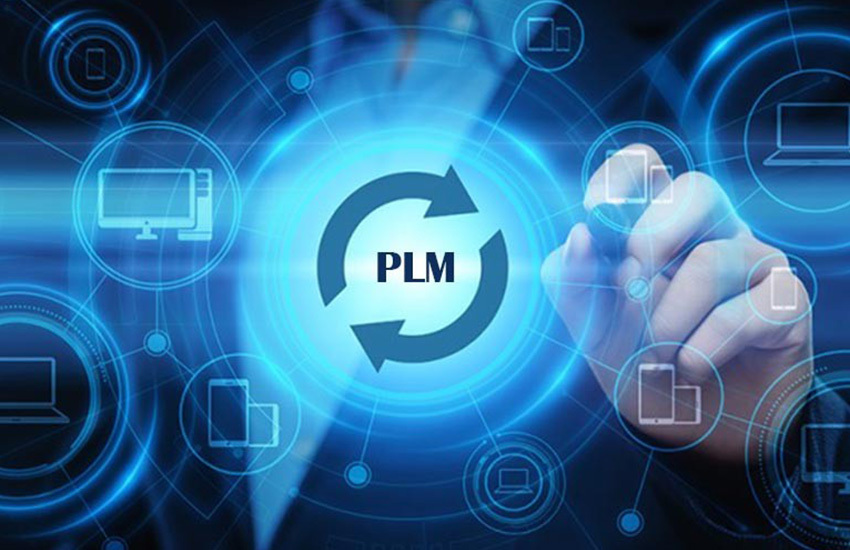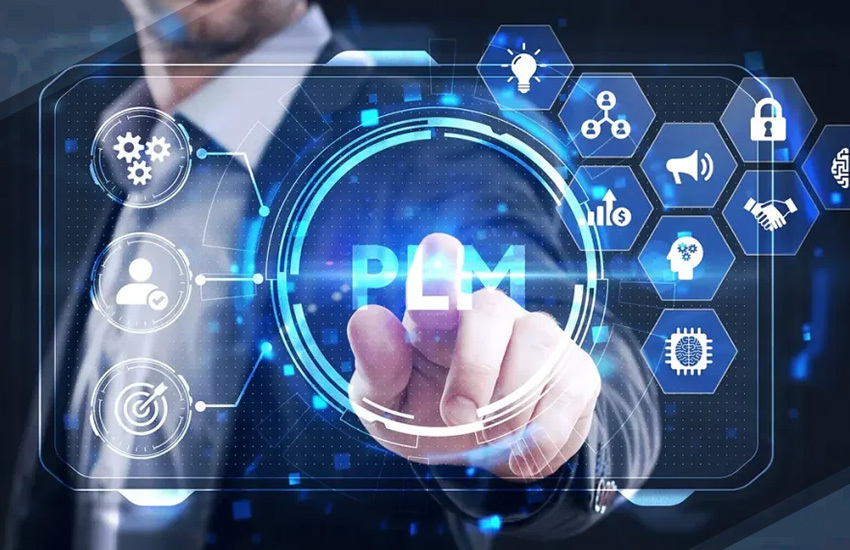
The world of Product Lifecycle Management (PLM) has undergone a dramatic transformation in recent years. As companies strive for greater efficiency, innovation, and collaboration across the entire product lifecycle, the need for robust PLM support has become paramount. This blog post will explore the evolution of PLM support, tracing its journey from traditional help desks to the cutting-edge solutions available today.
In the early days of PLM, support primarily took the form of traditional help desks. Users facing issues with the software would call a dedicated phone line or submit a ticket via email. Help desk technicians, often with limited PLM expertise, would then attempt to diagnose and resolve the problem. This approach, while functional, had several drawbacks:
Slow Resolution Times: Diagnosing and resolving complex PLM issues through phone calls or emails could be time-consuming.
Limited Expertise: Help desk technicians might not possess the in-depth knowledge of specific PLM systems to provide advanced troubleshooting.
Lack of Proactive Support: Traditional help desks were reactive, addressing issues only after they arose.
As PLM systems became more sophisticated, the need for specialized expertise grew. This led to the rise of PLM consulting firms. These firms offered a wider range of support services, including:
Customization and Configuration: Assisting companies with tailoring PLM systems to meet their specific needs.
Data Migration and Integration: Helping companies migrate data from legacy systems and integrate PLM with other enterprise applications.
User Training and Adoption: Providing training programs to ensure users can effectively utilize the PLM system's functionalities.
Advanced Troubleshooting: Offering deeper technical expertise to resolve complex PLM issues.
PLM consulting firms played a significant role in bridging the gap between traditional help desks and the evolving needs of PLM users. However, some limitations remained:
Cost: The services offered by PLM consulting firms could be expensive, especially for smaller companies.
Scalability: Consulting firms might not always have the resources to effectively handle the support needs of large organizations with a high volume of users.
To know more about PLM consulting, read our comprehensive blog, The Benefits of PLM Consulting for Manufacturers!

As technology continued to advance, so did the capabilities of PLM support services. Today, advanced PLM application support services offer a far more comprehensive approach compared to traditional help desks. These modern services leverage a variety of technologies and methodologies to enhance support efficiency and effectiveness.
The modern era of PLM support is characterized by the emergence of advanced solutions that leverage technology to provide a more efficient, proactive, and cost-effective experience. These solutions often include:
One of the significant advancements in PLM support is the shift towards proactive monitoring and support. Unlike traditional reactive models, modern support services anticipate and address potential issues before they impact users. This proactive approach is facilitated by advanced monitoring tools that track system performance, user activity, and potential issues in real-time. By identifying and resolving problems early, organizations can minimize downtime and improve overall system reliability.
Artificial intelligence (AI) and machine learning have revolutionized PLM support. These technologies enable support systems to analyze vast amounts of data, predict potential issues, and provide automated solutions. For instance, AI-driven chatbots can handle routine inquiries and troubleshooting tasks, freeing up human support staff to focus on more complex issues. Machine learning algorithms can also identify patterns in user behavior and system performance, providing valuable insights for continuous improvement.
Cloud computing has further enhanced PLM support by offering scalable and flexible solutions. Cloud-based PLM systems, including those provided by PTC partners, allow for easier updates, maintenance, and remote support. Cloud platforms enable support teams to access and manage PLM systems from anywhere, ensuring that users receive timely assistance regardless of their location. Additionally, cloud solutions often come with built-in analytics and reporting tools that provide deeper insights into system performance and user needs.
Modern PLM support services place a strong emphasis on user training and documentation. Comprehensive training programs and easily accessible documentation empower users to resolve minor issues independently and make the most of their PLM systems. Interactive training modules, video tutorials, and detailed user guides are now standard offerings in PLM support services. These resources help users understand the full capabilities of their PLM software and reduce their reliance on support teams for everyday issues.
To learn more about the PLM training, explore our blog, Why Invest in Windchill PLM Training for Your Team?!
Advanced PLM solutions provide users with easy access to a wealth of information on troubleshooting common issues, FAQs, and best practices.
Advanced PLM solutions streamline ticketing systems which in turn allow users to submit and track support requests efficiently.
Advanced PLM solutions provide remote access tools that enable support specialists to diagnose and resolve issues directly on the user's machine, reducing downtime.
AI-powered chatbots can answer basic questions, diagnose simple issues, and escalate complex problems to human support specialists.
PLM consulting companies continue to play a vital role in the evolution of PLM support. These firms provide expert guidance on implementing and optimizing PLM solutions, such as the best product lifecycle management software available. They work closely with organizations to understand their specific needs and tailor support services accordingly.
As businesses increasingly seek integrated solutions that align with their strategic goals, consulting companies offer valuable insights and expertise. They assist in evaluating different PLM systems, implementing new technologies, and ensuring that support services align with organizational objectives. For instance, PTC partners provide specialized support for PTC PLM software, offering deep knowledge of the system and ensuring that businesses derive maximum value from their investment.
Advanced PLM support solutions offer numerous advantages over traditional help desks and consulting models, including:
Faster Resolution Times: Knowledge bases, online ticketing systems, and remote support tools facilitate faster issue identification and resolution.
Improved User Experience: Self-service portals and chatbots empower users to find answers and resolve minor issues independently.
Reduced Costs: Automation and self-service options can significantly reduce the burden on support teams, leading to cost savings.
Proactive Support: AI-powered analytics can identify potential issues before they arise, allowing for preventive measures.
Increased User Satisfaction: Efficient and timely support fosters a positive user experience, leading to greater user adoption and satisfaction.
The future of PLM support is bright and brimming with possibilities. Continued advancements can be seen in areas like:
Predictive Maintenance: Leveraging AI to predict potential issues and schedule proactive maintenance before they disrupt workflows.
Augmented Reality (AR) and Virtual Reality (VR): AR/VR technologies can revolutionize remote support, allowing technicians to virtually "see" the user's environment and provide real-time guidance.
Machine Learning (ML): Machine learning algorithms can personalize the support experience by recommending relevant knowledge base articles or suggesting solutions based on past interactions.
The evolution of PLM support from traditional help desks to advanced solutions reflects broader technological trends and the growing complexity of product lifecycle management. Today’s PLM support services are characterized by proactive monitoring, AI-driven insights, cloud-based flexibility, and comprehensive user training. As PLM software continues to advance, including solutions from leading providers like PTC, the support landscape will continue to evolve, offering even more sophisticated and effective solutions for managing product life cycles.
For organizations looking to navigate this evolving landscape, partnering with experienced PLM consulting companies such as Modelcam Technologies can provide valuable expertise and support. By embracing these advancements, businesses can ensure they are well-equipped to handle the demands of modern PLM systems and drive success throughout their product life cycles.
Modelcam Technologies is a leading provider of PLM solutions and consulting services, specializing in advanced PLM application support. With a strong focus on optimizing and implementing PTC PLM software, Modelcam Technologies offers expert guidance and innovative solutions to enhance product lifecycle management for businesses. Their expertise helps organizations streamline processes and maximize the value of their PLM investments.
Let’s connect: www.modelcamtechnologies.com
Email: sales@modelcamtechnologies.com
Mobile no : +91 8237016167
©Copyright 2025. All rights reserved by Modelcam Technologies Private Limited PUNE.